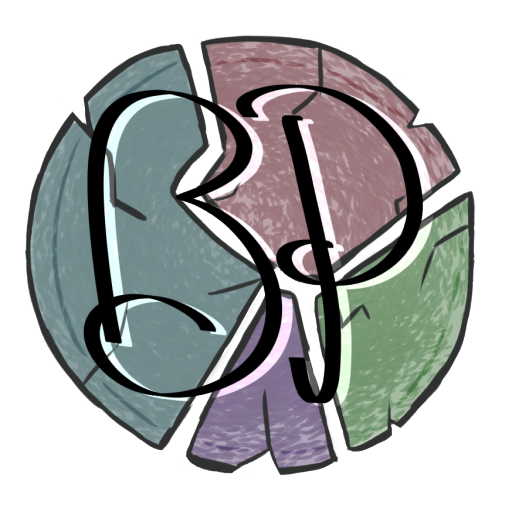Silas Hansen’s essays have appeared or are forthcoming in literary magazines such as The Normal School, Colorado Review, Hayden’s Ferry Review, Redivider, and Hobart, featured on Slate and Catapult. He is working on a collection of essays. He is also the nonfiction editor of Waxwing. He is currently directing the creative writing program at Ball State University, where he has taught undergraduate and graduate courses in creative writing and literary publishing since 2014.
Aleaha Patton (AP): Since your arrival at Ball State in 2014, you’ve taught the Practicum in Literary Editing and Publishing and have personally edited many issues of The Broken Plate. What drove you to become part of the editorial team of The Broken Plate? Why do you think this course is important for students here at Ball State?
Silas Hansen (SH): I originally taught the class when Prof. Mark Neely, who founded the journal, was on leave for a semester. I had worked on my schools’ literary magazines in both undergrad and grad school and had learned a lot about writing and the publishing process through that. I was excited to share that experience with students.
I think it’s important for students to have that hands-on experience—if you want to work in publishing, obviously, but also even if you only plan to write. That insight into how editors think, into what editors really do, is invaluable to a writer.
(AP): What are some of the challenges that arose with the publishing of The Broken Plate? What are some of your favorite aspects of teaching this class? Do you have any memories with TBP that you would like to share?
(SH): Collaboration often leads to challenges—so I’d say that the challenge and my favorite aspects of teaching it are actually the same thing. It’s not always easy, but it’s rewarding, and it leads to better results overall. I also love working closely with students on projects they care about—I love seeing their excitement and getting to help them figure out how to do something new.
(AP): In addition to editing The Broken Plate, you’ve also worked as a nonfiction editor for Waxwing Literary Journal. Do you think your work as an editor has helped you know what to expect when you submit to a journal/publisher?
(SH): Working for literary magazines absolutely helps you to better understand how to submit your work. I started as a reader for The Journal in graduate school, then worked as the nonfiction editor for two years, and then I was the nonfiction editor of Waxwing for six years, from 2018-2024. It gave me a better sense of what a journal’s slush pile looks like, and how to make my work stand out. I also got to see the newest, most innovative work: what are people writing right this second?
(AP): On your website I read that you’re working on a collection of essays. Can you tell us more about that project? What is your writing process? Has your work as an editor impacted the way you approach your own writing in any way?
(SH): I’ve been working on a collection of essays—all linked around exploration of masculinity (and gender more broadly)—for a little over 10 years (yikes!). The project has changed significantly over the past couple of years (as has my relationship to the subject matter), so I’m revisiting some of my older essays and “revising” them. I say “revising” in quotation marks because that process, for this project, looks a little different than usual. In many cases, the essay has already been published in literary magazines, so I am leaving the primary text as is, but am experimenting with things like Track Changes and footnotes to provide more nuance or complications from my current perspective.
(AP): What advice would you offer students who are interested in pursuing careers in editor and publishing?
(SH): The biggest thing is to get some hands-on experience: work for The Broken Plate or Digital Literature Review. Read literary magazines and, if you find one you like, reach out and see if you can volunteer to read submissions or help with their social media—some journals love this; others already have plenty of staff. The only way to know is to ask! Do an internship, if you can.
The other thing is to read as much, and as widely, and as critically as you can.

